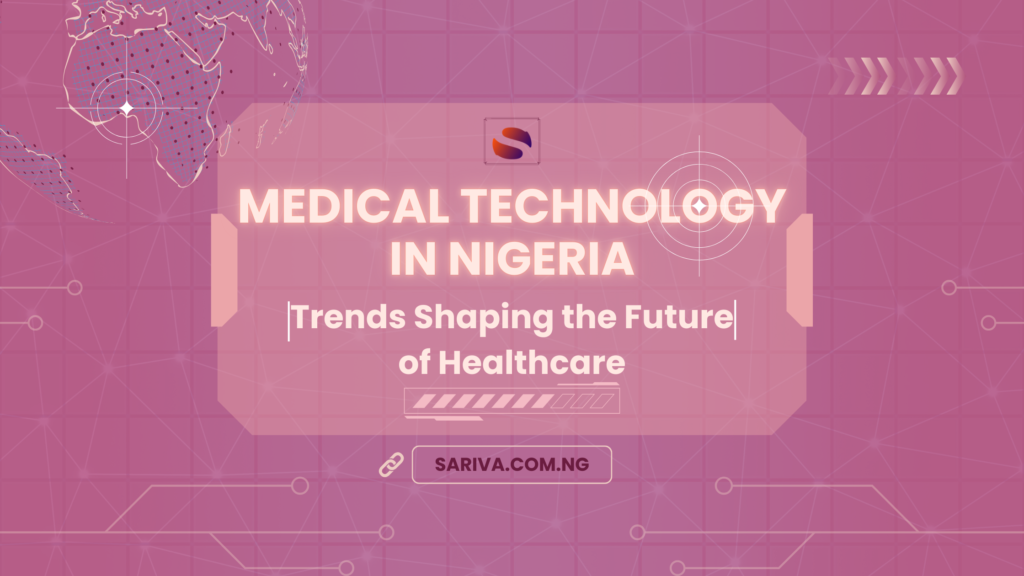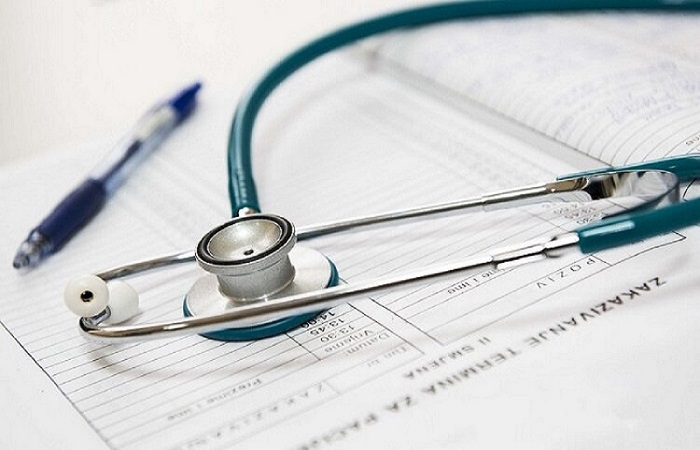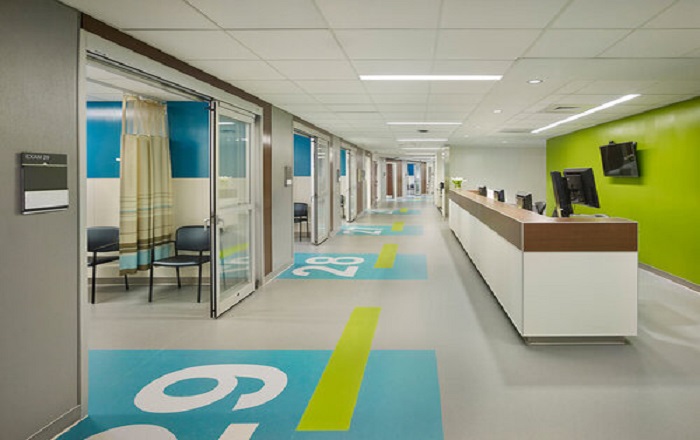Nigeria’s healthcare industry has undergone significant transformation. Innovative medical technology is improving access, efficiency, and quality of care. As Nigeria combats challenges like limited healthcare access and a shortage of medical professionals, emerging trends are actively reshaping the future of healthcare.
Telemedicine and Digital Health Expansion
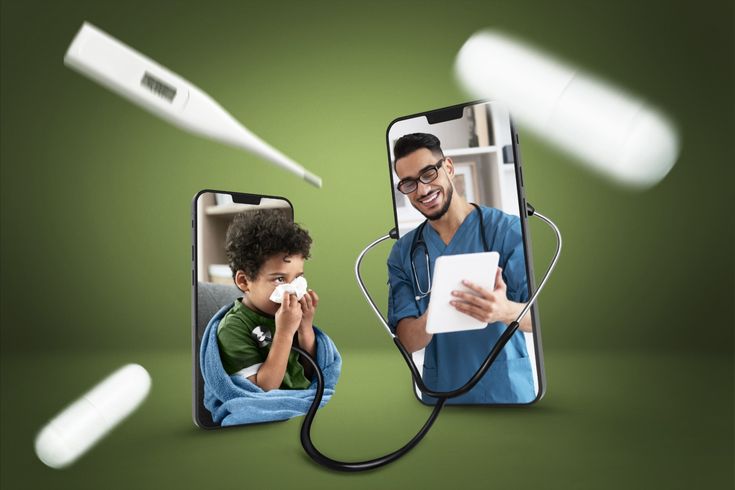
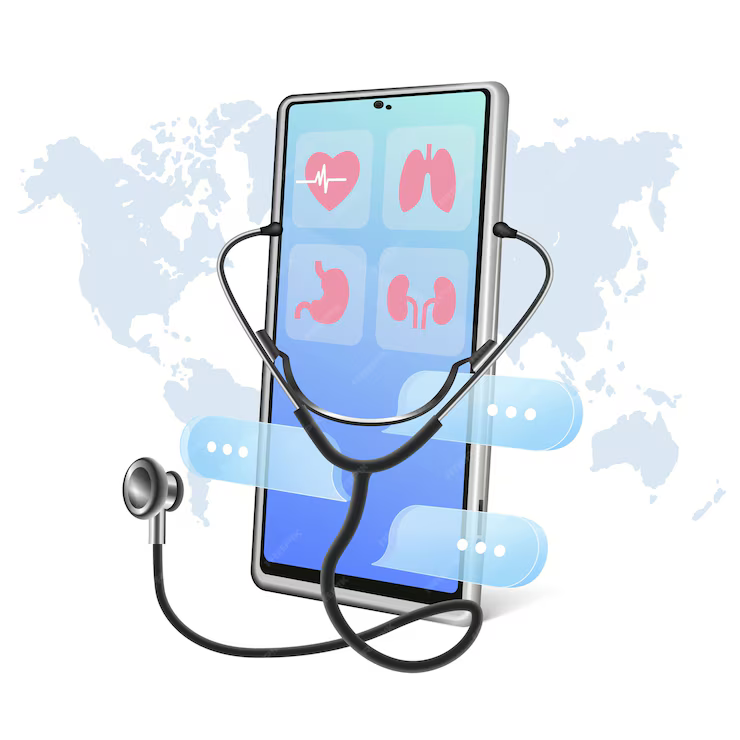
Telemedicine is gaining recognition in Nigeria, bringing solutions to bridge the gap between patients and healthcare providers. Platforms such as HealthConnect247 allow patients to consult with doctors. These consultations happen right from the comfort of your home, reducing the need for physical hospital visits.
AI-Powered Diagnostics and Automation


Artificial Intelligence (AI) is revolutionizing diagnostics in Nigeria. Innovations like Ubenwa Health use AI to analyze infant cries for early detection of birth asphyxia. This provides a fantastic non-invasive and accessible diagnostic tool. Similarly, LifeBank employs AI to optimize the distribution of essential medical supplies. Lifebank supplies vital medical resources such as blood and oxygen, ensuring timely delivery to healthcare facilities.
3D Printing in Medical Solutions
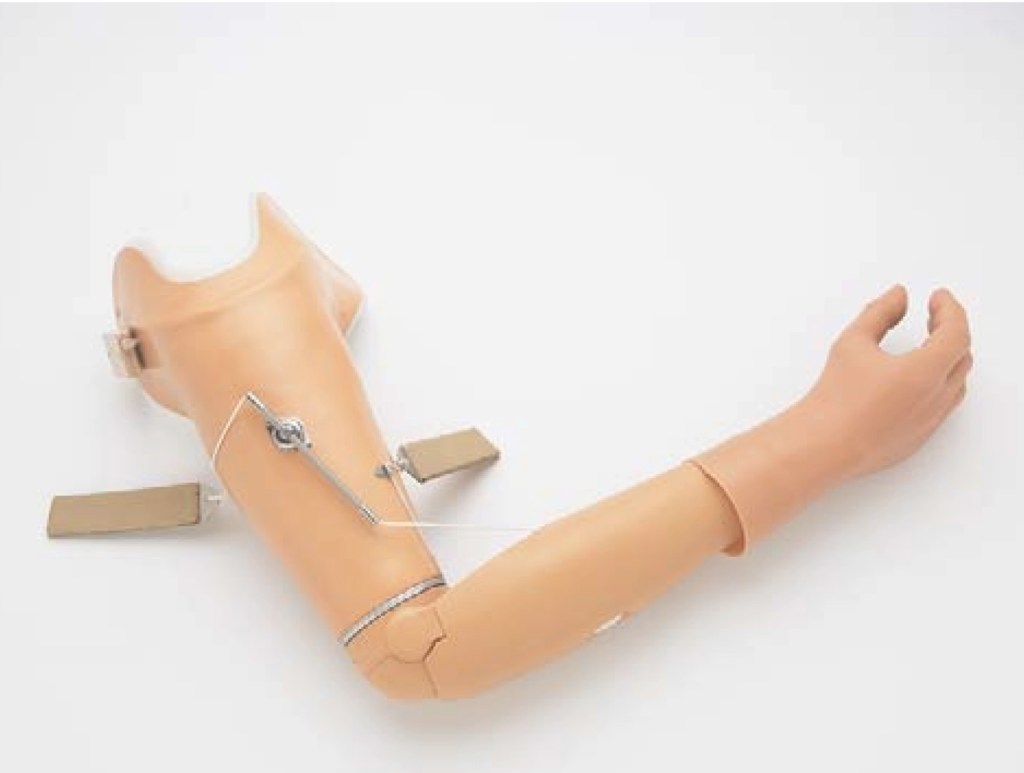
3D printing is making inroads into Nigeria’s medical sector, particularly in the production of prosthetics and orthotics. Organizations like Dynalimb Prosthetics-Orthotics, specializing in 3D-printed prosthetic limbs, have introduced innovations like the “MACY FOOT.” Additionally, e-NABLE collaborates with Nigerian partners to produce 3D-printed prosthetic hands. These initiatives are enhancing the accessibility and affordability of prosthetic and orthotic care.
The Rise of Wearable Medical Technology
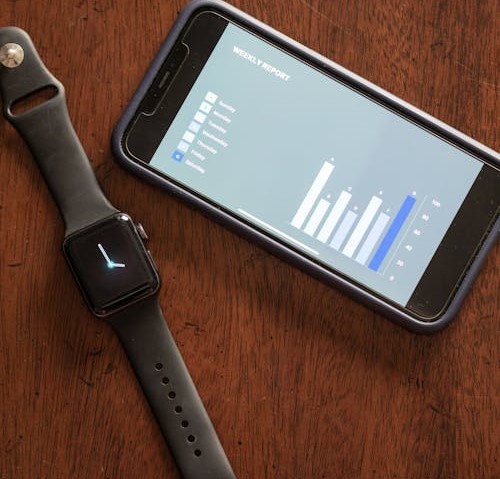
Wearable health devices are becoming increasingly popular among Nigerians and have real-time health monitoring. People widely use smartwatches and fitness trackers from global brands. Local innovations are also emerging to cater to specific health monitoring needs. For instance, Helium Health offers digital tools that assist healthcare providers in patient monitoring and management. This greatly contributes to personalized healthcare delivery.
Blockchain for Medical Data Security

Data security is a critical concern in Nigeria’s healthcare sector. Blockchain technology can be the solution to safeguard medical record-keeping. While its use is still in its early stages, many initiatives are working to implement blockchain-based healthcare solutions.
For instance, the Nigeria Medical Blockchain Project is developing systems to secure medical records. They are seeking to enhance data integrity across the country. Additionally, a study at Asaba Specialist Hospital (ASH) in Delta State explored the implementation of blockchain-based electronic health records. This study sought improving data security. As more institutions recognize the potential of blockchain, its role in Nigeria’s healthcare system will grow.
Government and Private Sector Collaborations
Public-private partnerships are important in advancing medical technology in Nigeria. PharmAccess fosters healthcare innovation through research and policy meetings. One of these meetings includes the 2024 Research Symposium and Healthcare Leadership Conference. It focused on improving emergency care and universal health coverage. Similarly, the Chemotherapy Access Partnership launched in 2019. It brought together the Nigerian government, the Clinton Health Access Initiative (CHAI), the American Cancer Society (ACS), and Pfizer. This collaboration sought to make high-quality chemotherapy more affordable and accessible. These initiatives show how strategic collaborations are shaping the future of healthcare in Nigeria.
The Road Ahead for Medical Technology in Nigeria
The future of medical technology in Nigeria is promising, with continuous advancements aimed at enhancing healthcare access and efficiency. As innovations like telemedicine, AI diagnostics, and blockchain integration gain momentum, Nigeria is on the path to a more technologically advanced healthcare system.
For more insights on the latest healthcare technologies, visit Sariva Healthcare. You can also check 10 Remarkable Nigerian Healthcare Innovations for more on healthcare innovations.

